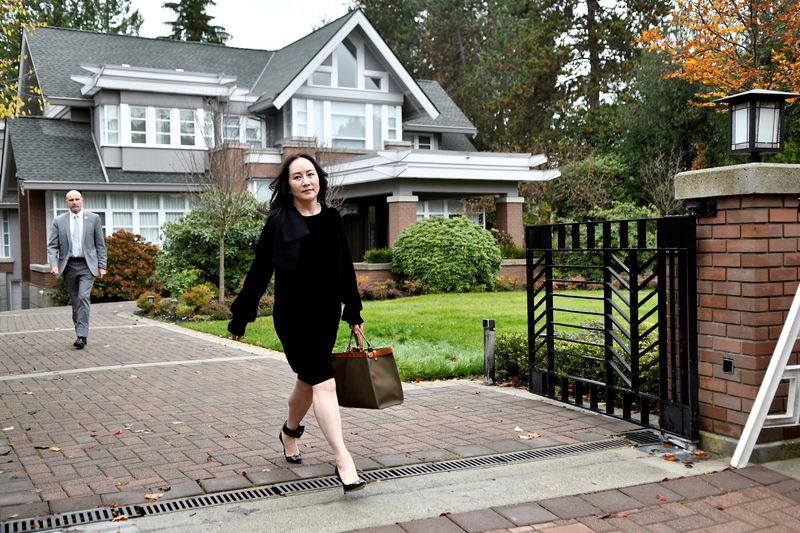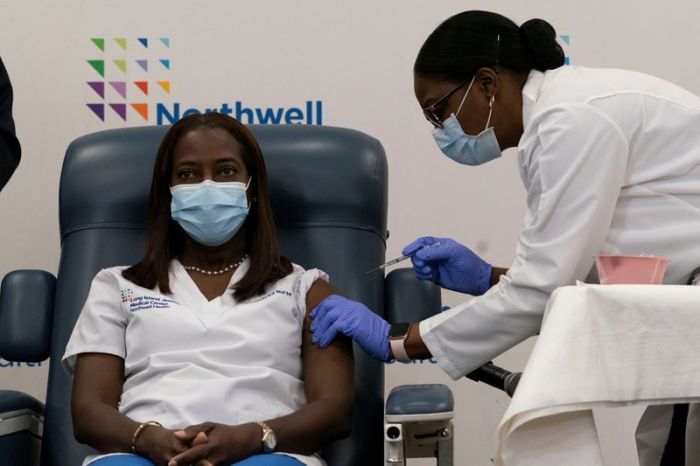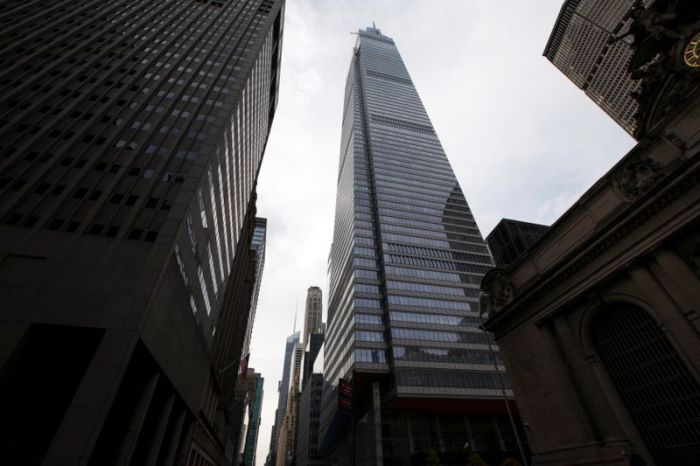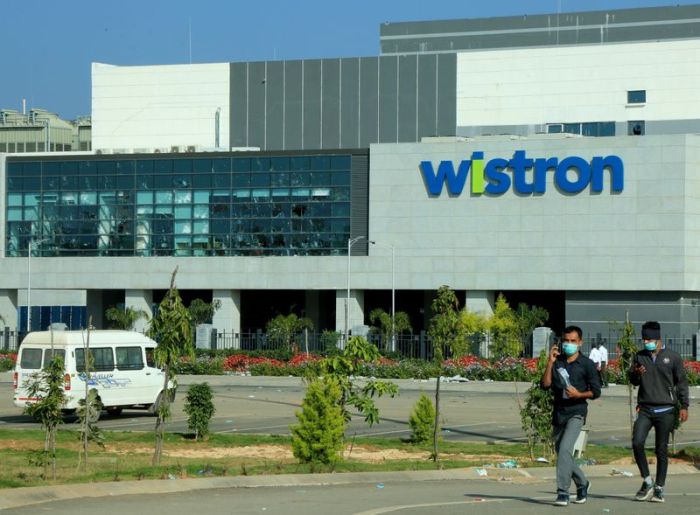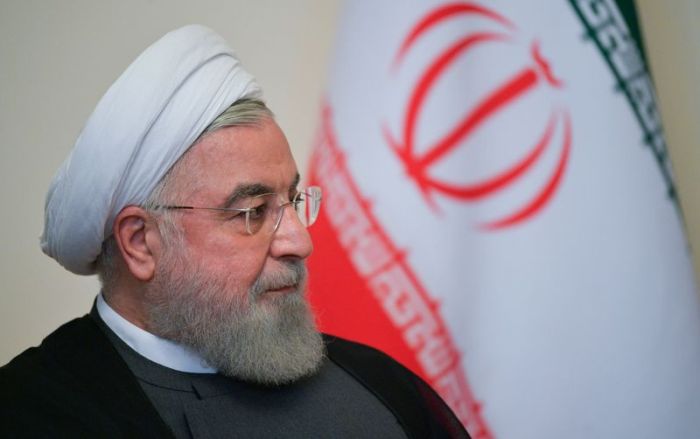VANCOUVER (Reuters) – Weeks of testimony from Canadian police and border officials in Huawei Chief Financial Officer Meng Wanzhou’s U.S. extradition hearings wrapped up on Monday morning, as lawyers on both sides turn to preparing arguments for a new phase of the case that will begin in March.
Testimony focused on whether abuses of process took place during Meng’s initial investigation by Canada Border Services Agency (CBSA) officers and her arrest by Royal Canadian Mounted Police (RCMP).
Witnesses from both said that procedures were largely followed, if rushed, with some lapses including when a CBSA officer accidentally gave the pass codes to Meng’s devices to the RCMP.
Meng, 48, was arrested at Vancouver International Airport in December 2018 on a warrant from the United States. She is charged with bank fraud over allegations she misrepresented Huawei Technologies Co Ltd’s business dealings in Iran to its lender, HSBC Holdings Plc, causing the bank to break U.S. sanctions.
She has denied all charges and is fighting to throw out the extradition case from Vancouver.
Her lawyers argue that U.S. and Canadian authorities coordinated to use the extended powers of the CBSA to interrogate Meng without a lawyer present ahead of her arrest by the RCMP.
They also allege that Canadian agencies improperly shared Meng’s personal information with the U.S. Federal Bureau of Investigation (FBI), and argue that these abuses of process should invalidate Meng’s extradition.
On Monday Jayson Allen, a network security analyst serving the RCMP, testified in court about searches he conducted after the retirement of Ben Chang, a staff sergeant at the center of Meng’s extradition case. Lawyers for Huawei allege Chang sent identifying details about Meng’s devices to the FBI.
Allen told the court he conducted a search of Chang’s outgoing work emails, and found one sent to an FBI.gov address on Dec. 2, 2018. He testified that his security search did not capture the content of the email.
Chang, who has since retired, has declined to testify. Court documents show that Canadian prosecutors were initially unwilling to release notes relating to him to the defence, citing concerns about witness safety.
Prosecutors say Meng’s investigation and arrest followed standard procedures and the extradition should move forward.
Witness testimony was originally scheduled for just five days in late October and early November but was extended several times.
Interest in the case has risen after news earlier this month that U.S. prosecutors are discussing a deal with lawyers for Meng to resolve criminal charges against her, signaling a potential end to a case that has strained ties between the United States, China and Canada.
The case was initially set to finish in April 2021 but will now extend into May, with further dates for court arguments approved by Associate Chief Justice Heather Holmes on Monday.
(Reporting by Sarah Berman in Vancouver; Writing by Moira Warburton; Editing by Denny Thomas and Matthew Lewis)

